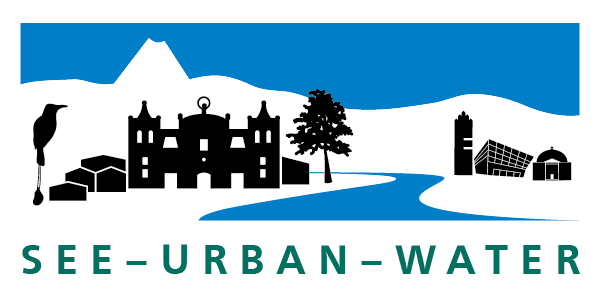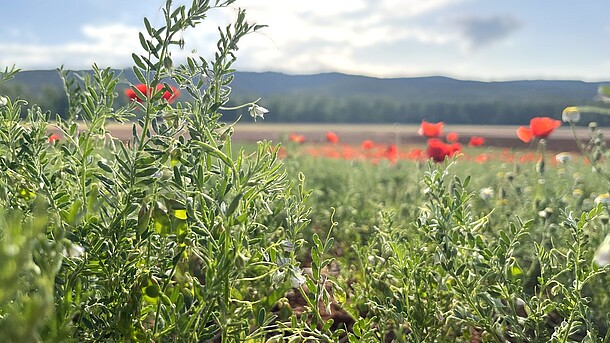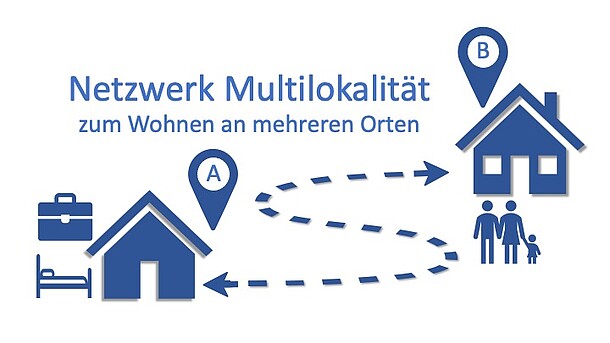SEE-URBAN-WATER

| Led by: | Prof. Dr. Jochen Hack |
| Team: | Conrad Schiffmann, Fernando Chapa, Manuel Beißler, María Peréz, Veronica Neumann |
| Year: | 2023 |
| Funding: | Bundesministerium für Bildung und Forschung (BMBF), Schwerpunkt Sozial-ökologische Forschung im Förderprogramm für Nachhaltige Entwicklung (FONA); Amount of funding: 2.534.617,51 € |
| Duration: | 01.2018 – 09.2023 |
| Further information | www.see-urban-water.uni-hannover.de |
| Remarks: | Cooperation partners: Centre for Research in Sustainable Development, University of Costa Rica, Municipalities of the Greater Metropolitan Area of San |
Abstract
Functioning ecosystems and their provided services form the basis for sustainable societal development. However, the performance of ecosystems is being affected by numerous anthropogenic factors. Urbanization, as a complex societal action, has a particularly pronounced impact on the natural water and energy balance. Urban societies are heavily dependent on functioning ecosystems, which are intertwined with their technical infrastructures. Without clean and sufficient water, the functionality of important ecosystems is put at risks. The work of the research group focuses on the improvement of already urbanized areas through “retrofitted” Nature-based Solutions. The project aims to answer the question of how urban areas, green spaces, and water bodies can be sustainably designed and managed to enhance quality of life while protecting biodiversity and ecosystem services. To answer this question co-designed prototypes, alternative uses of public space, political instruments and socio-economic incentives will be tested in a representative neighborhood as Real-world Lab. Resulting insights will be used to analyze the reproducibility of these measures. In the end, the principal results will be recommendations and proposals for strategies to promote the watershed-wide implementation of Multifunctional Urban Green Infrastructures. The overall project objective is to develop the basis for a sustainable social-ecological transformation process by developing and testing nature-based urban drainage and wastewater treatment infrastructures.








